New players change teams
I have always asked myself this question when arriving at a new team or when a new player joined my team. Lately, I think about it even more, because my son is joining a new school, a new city and a new environment for all his training and sports activities. In today’s post, I would like to share experiences and opinions about how we should face these changes in the healthiest and most effective way for these “new” elements that will make up a “new” group.
A team is a group of people who are organized in a coordinated manner to achieve a common goal. The modification of this group of people, therefore, can make each of the “new” subjects have to adapt to the new group, possibly to the new common goal and thus to a new space of interventions and alignments. In this new team, we all want to enter into a better collective version that will help us optimize the performance of the group and thus obtain better results..
“The only constant is change”
Heráclito
A new player, a new team
The transfer window has closed with a frenetic rhythm and exchange between clubs. All the teams have tried to strengthen themselves in an attempt to balance quantity and quality in their players, in order to achieve the objectives of the season. On some occasions, we see gradual changes in the remodeling of the squads, but in other cases, the changes are abrupt and sudden, and in a matter of hours, the teams change their protagonists completely.
But really, how do these modifications affect the day to day of the group? can we talk about a new team? Are these positive or negative changes in the process of training and performance optimization?
Facilitating guidelines for integration into a new team
As coaches in these times of change and adaptation, we should take into account a series of facilitating guidelines in the integration of these new players in the new team:
- Adapt the first sessions and training situations to the current level of the player and the group. On some occasions, it can happen that the preparation and competitive levels of the player and the new team are similar and that is great, but if they are very different, it is necessary to be patient to try to balance both and in this way raise the level of the whole team. equipment.
- During the first days, establish activations aimed at mutual help and cooperation for the team’s own knowledge. As human beings, the feeling of belonging to the group, of being well received and seeing your colleagues smile with you is key to this rapid integration and socio-affective optimization.
- Apply enough variability in the group layouts to advance the contents of the group and the season, reducing in some cases the complexity of the training and competition situations for these “new” elements.
- Exchange information related to the game and training model progressively and gradually, since the first days are very stressful in terms of the excessive amount of stimuli and variables that are modified in the life of the “new” player, and sometimes simple and explanations are sufficient to produce this rapid integration.
- Establish a day of evaluations, not only at a medical or conditional level, but also to personally get to know the player, their values, their motivations, their previous experiences and why not, also their tastes or preferences towards some aspects related to our training process.
- Respect rest days. On many occasions, we dedicate days or hours of rest to compensate for those differentiating aspects that separate the levels of the team and player. But those of us who have experienced some changes in the environment and the start of projects know the importance of rest and also of disconnecting from the stress of entering an area of uncertainty.
- Incorporate new habits in the player, respecting some of his personal ones. Reach an agreement, to successfully enter into the functioning of the group and team, and also be prepared to know how to listen and understand the individual needs and personal history of the player, without the intention of breaking or changing their entire daily and personal routine.
- Facilitate the encounter of players with similar characteristics or who exercise leadership roles within the team. Feeling supported, finding new friends, and above all being surrounded and accompanied by people who align with our values and expectations, is as or more important than our training content in these first days.
Hopefully all the teams that have made recent additions are successful in individual and collective performance. We hope we have helped all those who face this process these days in their reflection.
Greetings, let’s keep moving forward…
AG


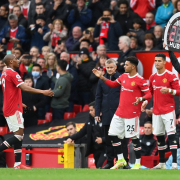
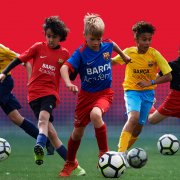


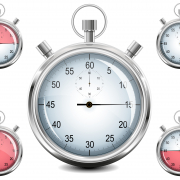


Leave a Reply
Want to join the discussion?Feel free to contribute!